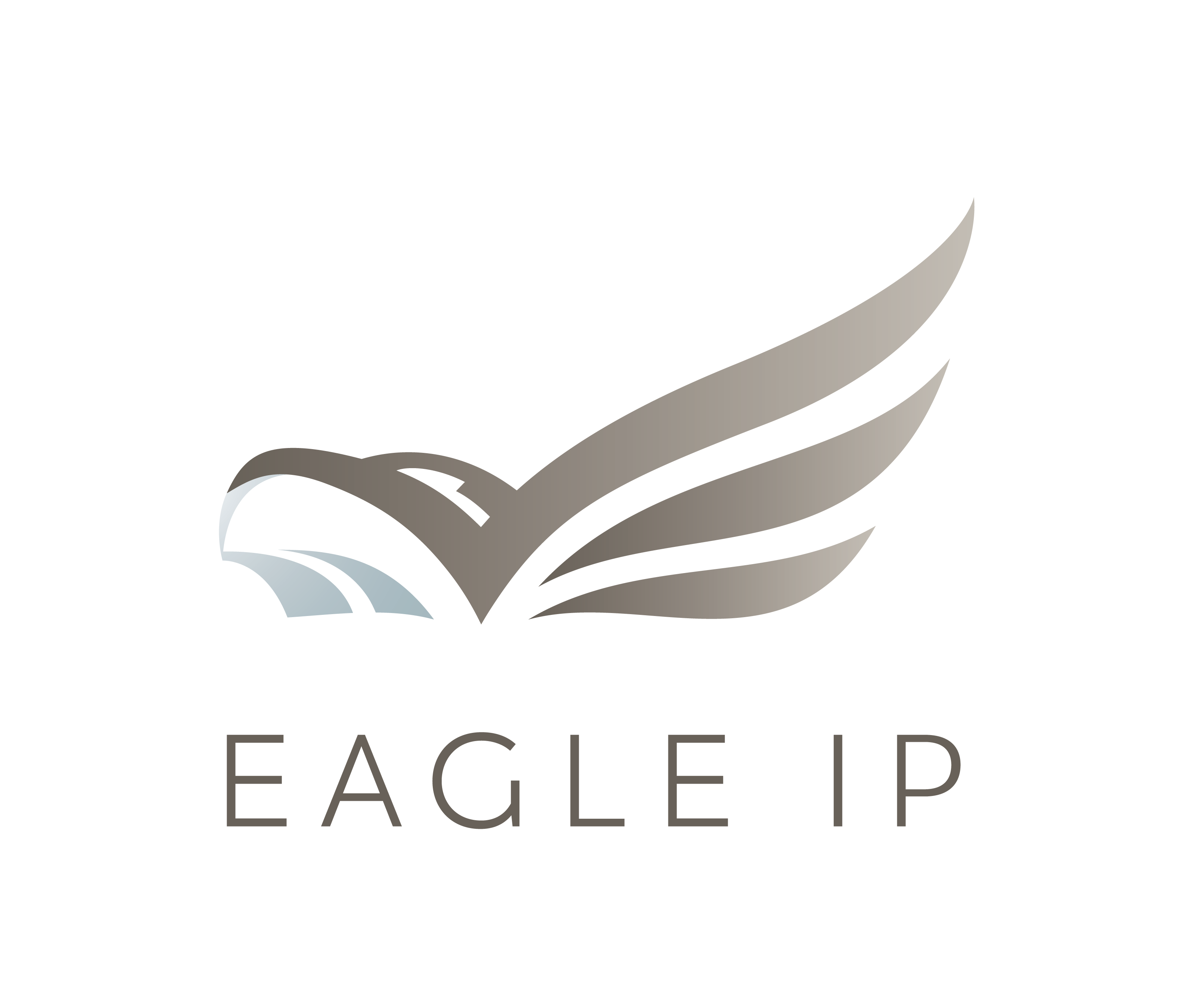US vs CN: National Security Clearance Requirements
November 2022
In China, national security and foreign filing requirements are generally very similar to the US system—a foreign filing license is required if a foreign application is to be filed for an invention made in this country. The Chinese equivalent to the US foreign filing license is called a confidentiality examination for foreign filing.
According to Chinese Patent Law Article 19 (previously Article 20), if a foreign application is to be filed for an invention made in China, the applicant must submit a request to conduct a confidentiality exam to the CNIPA in advance. The CNIPA will determine whether the invention (for simplicity, the term “invention” includes invention and utility models in this article) involves national security and is vital interest which needs to be kept confidential.
However, filing an invention or utility model application in China does not result in an automatic response from the patent office regarding the right to file foreign applications (unlike in the US, an automatic grant of a foreign filing license). Instead, applicants must expressly request a confidentiality exam if they intend to file abroad. The only exception is when filing a PCT application via the CNIPA as the receiving office. In this case, the confidentiality exam request is included in the PCT application documents, so the applicant would not need to separately request a confidentiality exam.
The Chinese equivalent of a foreign filing license is granted when a notice of passing security clearance is issued, stating that the invention does not involve national security or vital interests, and it has the clearance to be filed in a foreign country. Obtaining clearance for a new application typically takes about 2-4 weeks in practice. If there is a parent application in China already, usually it only takes a few days to obtain such clearance. On the other hand, after further examination, if the examiner thinks that the invention involves subject matter that needs to be confidential, a notice of secrecy order will be issued.
Consequences of Failing to Obtain National Security Clearance
In the US, failure to comply with the foreign filing requirements will result in the patent application being abandoned or the granted US patent being invalid. Whoever willfully violates this rule can be subject to fine and/or imprisonment once convicted. However, a retroactive foreign filing license can be petitioned if the foreign application is filed by mistake.
In China, there is no way to retroactively apply for the confidentiality exam once the foreign application is filed, and similarly, according to the rules, applications of the same invention in China will not be granted, as described in Article 19, which is also a legal ground for granted patent invalidation. Those who violates the secrecy order will also face administrative sanctions and criminal conviction according to Article 78.
In reality, it is very rare that an examiner will raise an Article 19 rejection regarding the foreign filing issue as it is difficult to identify the corresponding foreign application at that stage. A rare example is the application CN2015107430217, which was filed on 5 Nov 2015. During the first office action, the examiner cited a US application filed by the co-applicant claiming priority of a Taiwanese application that was filed on 4 Nov 2015. The Examiner was of view that the invention was made in China solely because the first applicant was a Chinese entity and requested an explanation. The applicant did not respond to the office action and the application was deemed withdrawn. However, in the typical sense, it is possible the foreign application stays undetected until the Chinese patent is granted, as most examiners prioritize their time to examine the substantive matters in the applications they are assigned.
Keep in mind that Article 19 can also be used as a basis for invalidation by a competitor. In that case, the competitor is likely much more willing to put in significant resources to hunt for the existing foreign application and evidence that proves that the invention is made in China. This year the first ever successful invalidation challenge based on Article 19 was released, which we will discuss in a separate article.
For Hong Kong applicants, one piece of good news is that if an invention is made purely in Hong Kong, the foreign filing requirements in China and the US do not apply, and applicants have much more freedom in choosing where to file their first patent application.
This article is for general informational purposes only and should not be considered legal advice or a legal opinion on a specific set of facts.
